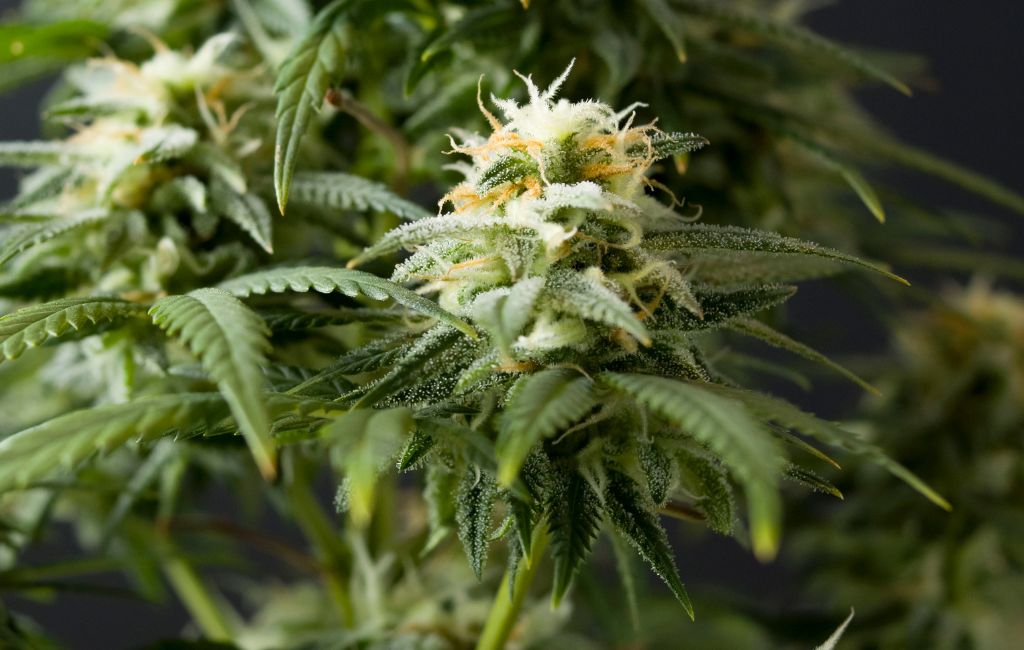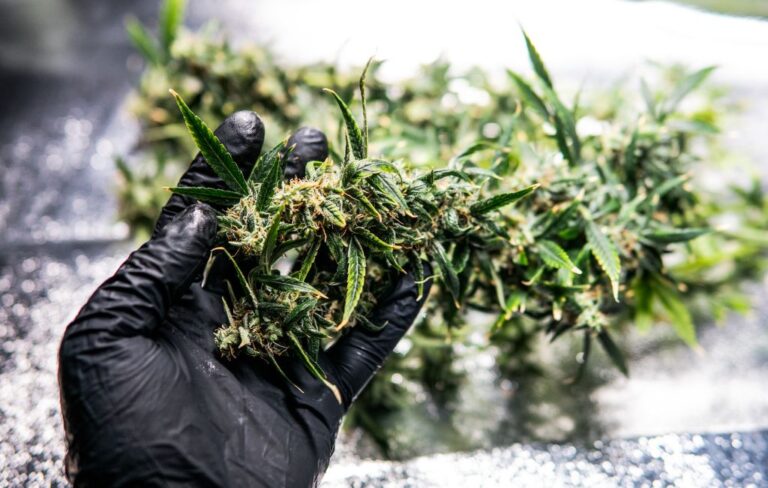Unlocking the Power of THCa Flower Extract for Wellness
The exploration of cannabis and its derivatives has gained significant momentum in recent years. Among the many compounds found in cannabis, THCa (tetrahydrocannabinolic acid) has emerged as a subject of interest for its potential wellness benefits. Unlike THC, THCa is non-psychoactive, making it an appealing option for those seeking therapeutic effects without the high. This article delves into the potential of THCa flower extract as a wellness tool, examining its properties, benefits, and applications.
Understanding THCa
What is THCa?
THCa is a cannabinoid found in raw and live cannabis plants. It is the acidic precursor to THC, the compound responsible for the psychoactive effects of cannabis. When cannabis is heated through smoking, vaping, or cooking, THCa undergoes decarboxylation, converting into THC. In its raw form, THCa does not produce a high, which makes it an attractive option for those interested in the therapeutic aspects of cannabis without the psychoactive effects.
How THCa Works
THCa interacts with the body’s endocannabinoid system (ECS), a complex cell-signaling system that plays a role in regulating a range of functions and processes, including mood, appetite, sleep, and immune response. While research is still in its early stages, preliminary studies suggest that THCa may have anti-inflammatory, neuroprotective, and anti-emetic properties.
Potential Benefits of THCa Flower Extract
Anti-Inflammatory Properties
Inflammation is a natural response of the body to injury or illness, but chronic inflammation can lead to various health issues. THCa has shown promise in reducing inflammation, which could be beneficial for conditions such as arthritis, inflammatory bowel disease, and other inflammatory disorders.
Neuroprotective Effects
Research indicates that THCa may have neuroprotective properties, potentially offering benefits for neurodegenerative diseases like Alzheimer’s and Parkinson’s. By protecting nerve cells from damage, THCa could play a role in maintaining cognitive function and slowing disease progression.
Anti-Emetic Benefits
Nausea and vomiting are common symptoms associated with various medical conditions and treatments, such as chemotherapy. THCa has been studied for its anti-emetic properties, providing relief for individuals experiencing these distressing symptoms.
Applications of THCa Flower Extract
Raw Cannabis Juicing
One popular method of consuming THCa is through raw cannabis juicing. This involves blending fresh cannabis leaves and flowers to create a nutrient-rich juice. This method preserves the THCa content, allowing users to experience its benefits without psychoactive effects.
Tinctures and Oils
THCa can be extracted and concentrated into tinctures and oils, providing a convenient way to incorporate it into daily wellness routines. These products can be taken sublingually or added to food and beverages.
Topical Applications
THCa-infused creams and balms are gaining popularity for their potential to alleviate localized pain and inflammation. These topicals can be applied directly to the skin, offering targeted relief without systemic effects.
Case Studies and Research
Case Study: THCa and Epilepsy
A notable case study involved a young girl with severe epilepsy who experienced a significant reduction in seizures after incorporating THCa into her treatment regimen. This case highlights the potential of THCa as an adjunct therapy for seizure disorders.
Research on THCa and Inflammation
A study published in the “Journal of Pharmacology” explored the anti-inflammatory effects of THCa in animal models. The results indicated a reduction in inflammation markers, supporting the potential of THCa as an anti-inflammatory agent.
Considerations and Future Research
Legal Status and Accessibility
The legal status of THCa varies by region, impacting its accessibility for consumers. As cannabis laws continue to evolve, it is important for individuals to stay informed about the regulations in their area.
Need for Further Research
While preliminary studies are promising, more research is needed to fully understand the therapeutic potential of THCa. Clinical trials and human studies will be crucial in validating its efficacy and safety for various health conditions.
Conclusion
THCa flower extract presents an intriguing option for those seeking the therapeutic benefits of cannabis without the psychoactive effects. Its potential anti-inflammatory, neuroprotective, and anti-emetic properties make it a promising candidate for a range of wellness applications. As research continues to unfold, THCa may become an integral part of holistic health practices, offering a natural alternative for managing various health concerns. The journey of understanding THCa is just beginning, and its future in the wellness industry looks promising.

